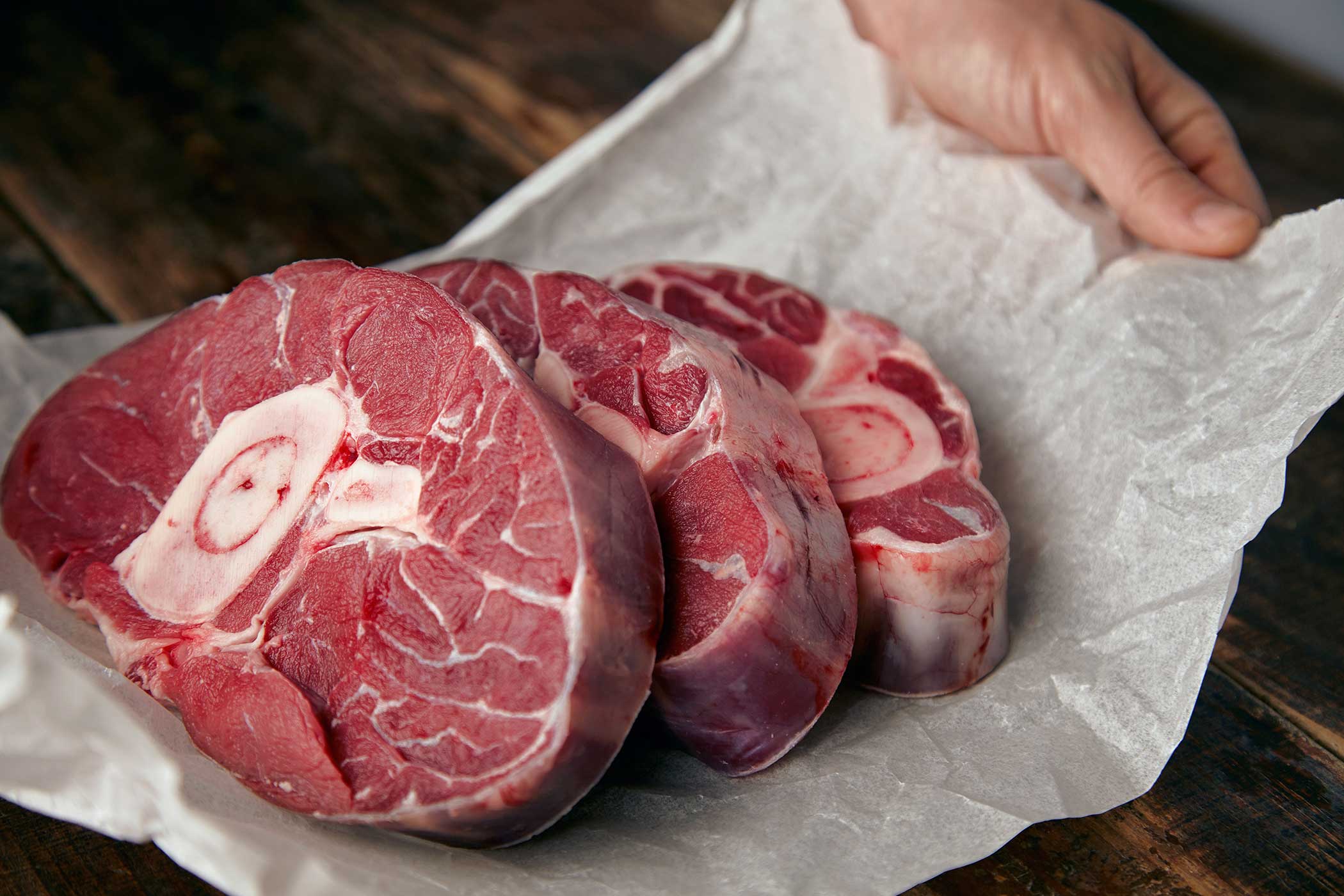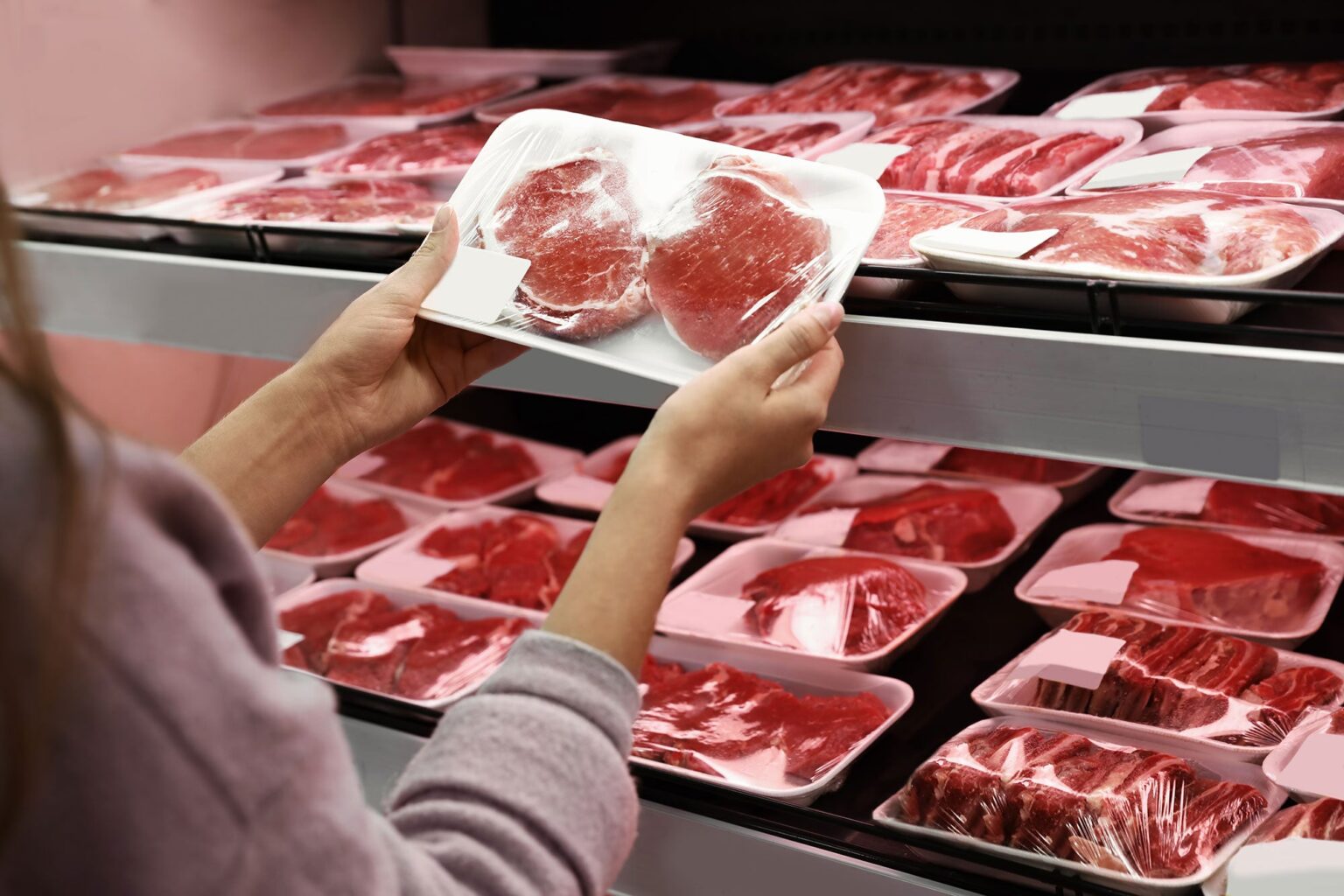Since the COVID-19 pandemic, Americans have been experiencing the sting of increasing prices in almost every aspect of life — most notably at the supermarket. Meat, specifically, has been considerably more expensive, frequently surpassing the overall rate of food price increases.
With ongoing inflation, shifting political scenes, and altering consumer confidence, researchers have been attempting to learn more about how individuals’ financial conditions influence the way they purchase and consume meat. The most recent Meat Demand Monitor report, the first quarter of 2025, throws more light on this relationship.
In plain language, the study looks at how people’s feelings about their money –whether they think they’re richer or poorer than they were a year ago — influence how often they eat meat and how much they’re willing to pay for it. The idea is that even if two people make the same amount of money, the person who feels they’re more financially well off may be willing to buy meat or pay more for it.
Drawing on survey information from over 8,000 Americans in January and March 2025, the report suggests that individuals’ perceptions about their financial well-being may matter more than income levels in determining what they eat. For instance, a person earning more than $100,000 annually may reduce meat spending even though they have a high income. Simultaneously, a person with a low income who is optimistic regarding his or her financial position may choose to include meat in his or her diet more frequently.

Statistics also show that 27 percent of the respondents were worse off financially early in 2025 compared to the previous year, while 25 percent felt better off. Those who were more confident about their finances were much more likely to have meat — especially beef and pork — on their plates, and less likely to report that they skipped protein altogether. Curiously, people who felt worse off ate fewer meat meals and were also less likely to spend as much on meat at the supermarket and restaurants.
This shift isn’t all about affordability — it’s also associated with confidence. The research indicates how consumer attitude, or what individuals perceive as their economic health, has an important role to play in driving demand for meat. It further indicates that although high meat prices have persisted since the pandemic, most consumers are still placing a high priority on meat in their diets when they perceive that they are economically stable. The study ultimately argues that economic optimism could be every bit as vital as actual earnings in determining what winds up in our stomachs.


